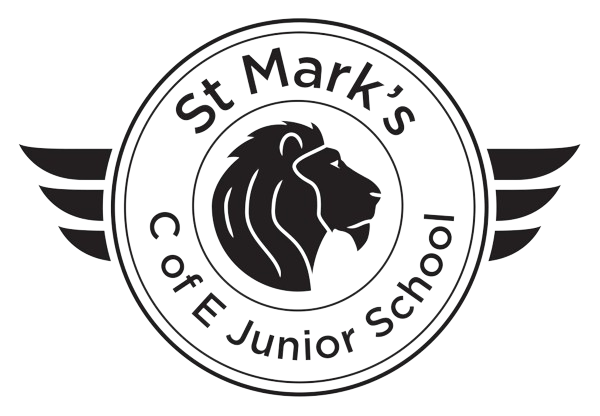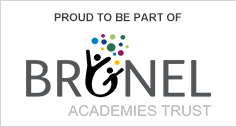English
English at St Mark’s
At St Mark’s C of E Junior School, we firmly believe that all children are entitled to a broad and balanced English curriculum, which is delivered in a way that recognises the varied needs of children and allows each individual to maximise their learning potential; preparing them for the application of English skills across the curriculum and life beyond education.
We strive for children to develop their voice and be able to share their ideas with others. In support of this, we ensure children are exposed to a rich and varied vocabulary to help prepare them for life. Through reading and well-chosen literature, pupils have a chance to develop spiritually, morally, socially and culturally.
The aim for English in the national curriculum is to promote high standards of language and literacy by equipping pupils with a strong command of the spoken and written word, and to develop their love of literature through widespread reading for enjoyment.
The primary aims for English at St Mark’s are to ensure that all pupils:
- Develop a love of the written word and enjoy reading for pleasure;
- Read a range of texts fluently and with good understanding;
- Develop the habit of reading broadly and often;
- Acquire a wide vocabulary, an understanding of grammar and knowledge for reading, writing and spoken language;
- Appreciate our rich and varied literary heritage;
- Write clearly, accurately and coherently, adapting their language and style for a range of contexts, purposes and audiences;
- Use discussion in order to learn; they should be able to elaborate and explain clearly their understanding and ideas whilst having a common respect for others’ opinions

